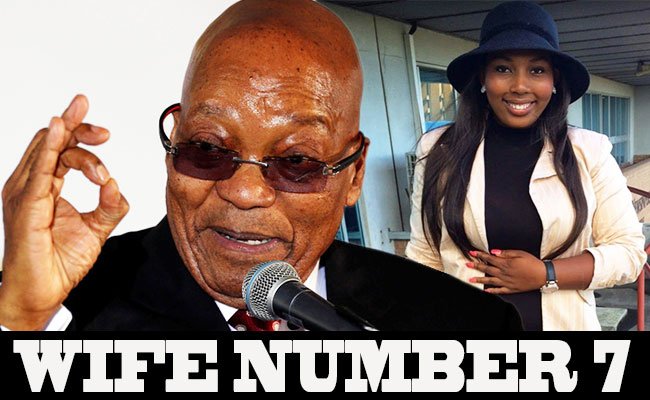
South Africa’s President Jacob Zuma has not attended the funeral of veteran anti-apartheid activist Ahmed Kathrada at the request of his family.
Mr Kathrada called on Mr Zuma to resign last year after he became mired in a series of corruption scandals.
Ex-President Kgalema Motlanthe got a rousing applause from mourners when he repeated Mr Kathrada’s call.
Finance Minister Pravin Gordhan, who is at risk of being sacked by Mr Zuma, also received a standing ovation.
Mr Kathrada, 87, was buried in the main city, Johannesburg, following his death on Tuesday.
He was jailed alongside Nelson Mandela for fighting against white minority rule.
Mr Kathrada spent more than 26 years in prison before his release in 1989. He later served as an adviser to then-President Mandela in South Africa’s first democratically elected government.
Mr Zuma had ordered the national flag to fly at half-mast following his death and had postponed a cabinet meeting so that officials could attend the funeral.
However, Mr Zuma did not attend he funeral and would not attend a memorial service later this week “in compliance with the wishes of the family,” a government statement said.
Mr Kathrada’s wife, Barbara Hogan, is known to be a fierce critic of Mr Zuma.
Mr Kathrada wrote to Mr Zuma last year, asking him to resign after South Africa’s highest court ruled that he had breached the constitution by failing to repay government money used to upgrade his private rural home in Nkandla.
In a separate case, another court ruled that Mr Zuma should be charged with corruption over a 1999 arms deal.
He denies any wrongdoing, and has refused to resign.
Mr Motlanthe, the keynote speaker at the funeral, said that “on a day like this we should not mince our words”.
To cheers from mourners, he read excepts of Mr Kathrada’s letter and said that the anti-apartheid veteran was “deeply disturbed by the current failure of post-apartheid politics”.
“Today, we close his eyes permanently. During his life, he opened ours forever,” Mr Motlanthe said.
Mr Gordhan shed a tear when Neeshan Balton, the executive director of the Ahmed Kathrada Foundation, paid tribute to him.
Mr Gordhan stood for the values of Mr Kathrada, Mr Balton said.
South Africa’s media has been rife with speculation that Mr Zuma plans to sack Mr Gordhan in a move aimed at giving him and his allies greater control over government finances.
On Monday, Mr Zuma ordered him to cut short a trip to the UK, where he was meeting leading businessmen in an attempt to persuade them to invest in South Africa.
Why was Kathrada jailed?
He was arrested in 1963, along with several others, at a farm in the Johannesburg suburb of Rivonia. They had been meeting there in secret to plan the armed struggle against the apartheid government.
The following year Mr Kathrada was found guilty of conspiring to commit acts of violence. Seven other defendants, including Mr Mandela, were also convicted of conspiracy and three other charges.
They all received life sentences and most went on to spend the majority of their time in jail on Robben Island.
Under apartheid, even prisoners were treated differently depending on their racial origin: White prisoners got the most privileges, followed by those of Indian origin, while black people got the least.
Mr Kathadra refused to accept his privileges unless they were also extended to his black comrades.
In 1982, he was moved to Pollsmoor prison on the mainland, from where he was freed in 1989.
After South Africa’s first democratic elections in 1994, President Mandela persuaded Mr Kathrada to join him in government as his political adviser.
Mr Kathrada left parliament in 1999, but remained active in politics,
He went on to chair the Robben Island Museum Council, set up to preserve the prison as part of South Africa’s heritage.
A life of struggle
Mr Kathrada was the fourth of six children born in the North West Province, previously known as Western Transvaal.
He was a campaigner from a young age and joined the Young Communist League at the age of 12.
He later became a member of the Transvaal Indian Congress, which spearheaded campaigns against laws that discriminated against Indians, and joined their protests at 17.
In 1952, he received a suspended sentence for helping to organise an anti-apartheid defiance campaign, with black activists including Mr Mandela and Walter Sisulu.
Four years later he was charged with high treason, but was acquitted after a long trial.
In 1962 he was placed under house arrest and then took his activities underground to work with the military wing of the African National Congress.




